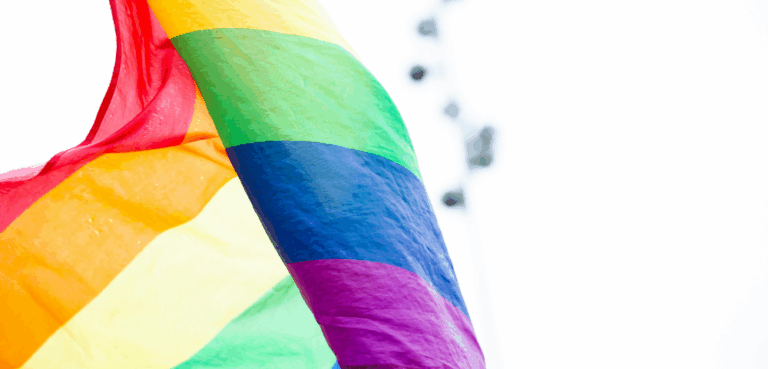

 At the Barbican concert hall in London on 7 November, Russian conductor Valery Gergiev led the London Symphony Orchestra (LSO) in a performance of Berlioz’s, The damnation of Faust. It tells the story of a person who makes a pact with the devil. Some critics see parallels with Gergiev’s association with the autocratic Russian leader, Vladimir Putin. His name appears on a list of celebrity Putin supporters, according to the Moscow Times.
At the Barbican concert hall in London on 7 November, Russian conductor Valery Gergiev led the London Symphony Orchestra (LSO) in a performance of Berlioz’s, The damnation of Faust. It tells the story of a person who makes a pact with the devil. Some critics see parallels with Gergiev’s association with the autocratic Russian leader, Vladimir Putin. His name appears on a list of celebrity Putin supporters, according to the Moscow Times.
In the run up to the last Russian election, he publicly stated that he was voting for Putin.
Gergiev’s loyalty to the Russian president has been rewarded with personal honours, including Hero of Labour, and multi-million state grants for his pet projects, most notably the restoration of the Mariinsky Theatre in St Petersburg.
The audience arriving at the performance by Gergiev was greeted by LGBT protesters with placards and sparklers: “Sparkle for freedom in Russia. Putin suppresses, we sparkle.”
I was one of them. We condemned Gergiev’s support for Vladimir Putin’s repressive regime, his defence of Russia’s anti-gay law and his condemnation of Pussy Riot.
Gergiev is a great conductor but he colludes with an authoritarian leader and shows little respect for freedom and equality.
Previously, on 31 October, I interrupted the opening night of Gergiev’s new LSO season at the Barbican, to criticise his pro-Putin stance.
I dressed in a tuxedo to look ‘official’. The ruse worked. Just before the performance began I strode on stage unhindered. Security staff and the audience seemed to initially assume I was a LSO spokesperson making an official announcement. The power of suggestion of a tuxedo!
My short 60 second statement to the audience included the points:
“Valery Gergiev is a friend, ally and supporter of the Russian tyrant Vladimir Putin…I ask you to oppose tyranny and show your support for the Russian people.”
I was quickly manhandled off stage by security staff and then voluntarily walked out of the concert hall, mostly to applause. Some of the audience may have been applauding my eviction but others seemed genuinely supportive of what I had said.
The 7 November follow-up protest took place on the 96th anniversary of the 1917 Russian revolution. Many Russians think their country needs a new, non-violent democratic revolution.
Putin is taking the country backwards to autocracy. As well as escalating repression against the lesbian, gay, bisexual and transgender (LGBT) community, civil liberties and dissidents are under attack. Peaceful protesters and opposition leaders, like Alexei Navalny, are arrested on trumped charges, in a bid to intimidate and silence Putin’s critics.
His regime has incarcerated political prisoners, including Pussy Riot’s Nadezhda Tolokonnikova, in jails that resemble gulags.
Gergiev endorses Putin, despite this shameful repression. That’s why we need to protest – to show him and other prominent Russians that supporting an intolerant regime will result in public condemnation and reputational damage.
Stung by criticism, and in response to our protests, Gergiev issued a public statement in his defence: “I do not discriminate against anyone, gay or otherwise, and never have done, and as head of the Mariinsky Theatre this is our policy. It is wrong to suggest that I have ever supported anti-gay legislation and in all my work I have upheld equal rights for all people.”
While his affirmation of personal non-discrimination is commendable, Gergiev’s statement does not renounce his support for president Putin, whose regime does discriminate against LGBT people.
Moreover, contrary to his protestations, he has defended Russia’s anti-gay law, reportedly falsely claiming that it is solely concerned with stopping paedophilia. The Dutch newspaper, Volkskrant, quoted him on 10 September as stating: “In Russia we do everything we can to protect children from paedophiles. This law is not about homosexuality, it targets paedophilia.”
This misrepresentation of homophobic legislation and blurring of homosexuality and child sex abuse crosses a red line.
In addition, by making a public statement that focuses solely on gay rights, Gergiev has misread our objections. We are concerned about more than homophobic persecution in Russia. We also oppose his support for a president who has presided over a much wider suppression of democracy and human rights. Our goal is to help Russians build a LGBT-straight alliance against homophobia and all oppression.
Gergiev’s fall back defence is: “I am an artist…This is my focus as a conductor, musician, artist and as Artistic and General Director of the Mariinsky Theatre and Principal Conductor of the London Symphony Orchestra.” Nice try. The fact is that Gergiev is more than an artist. He chose to be political by endorsing president Putin. He must now face the music.
Peter Tatchell is the London-based Australian Director of the human rights organisation, the Peter Tatchell Foundation: www.PeterTatchellFoundation.org
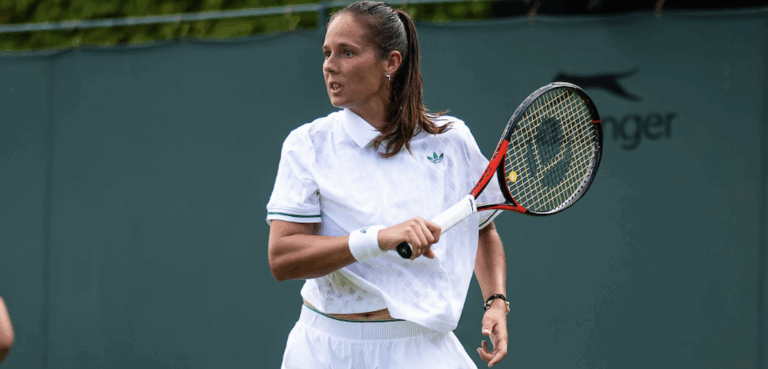
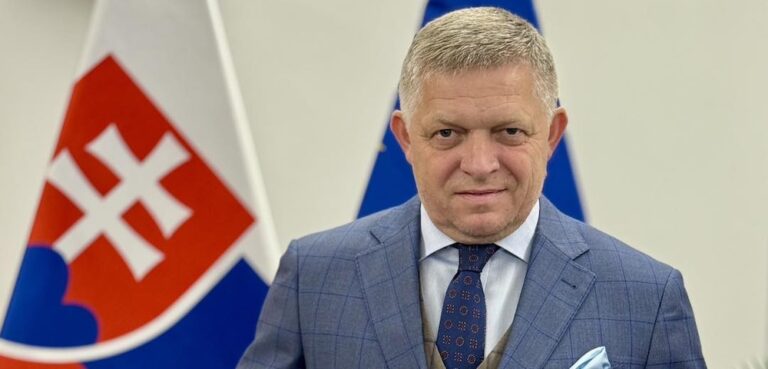
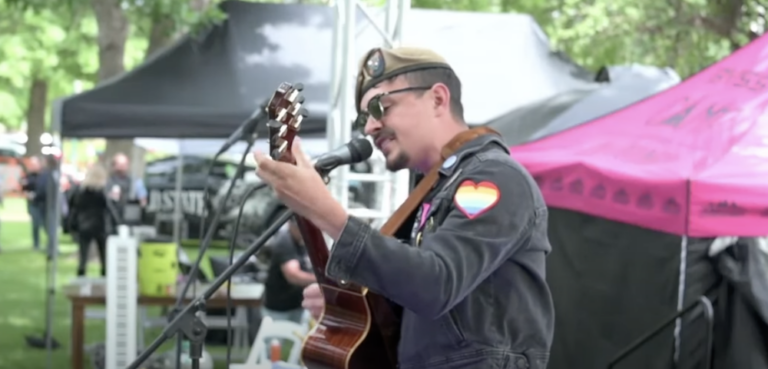

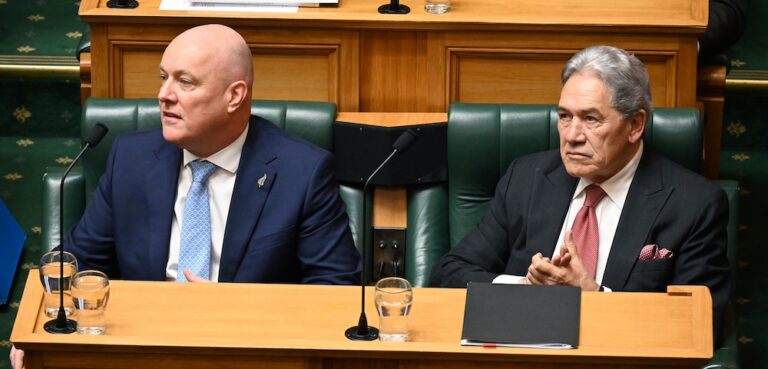
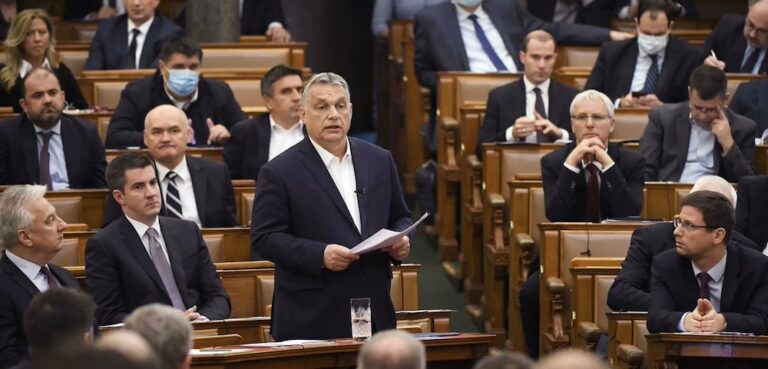
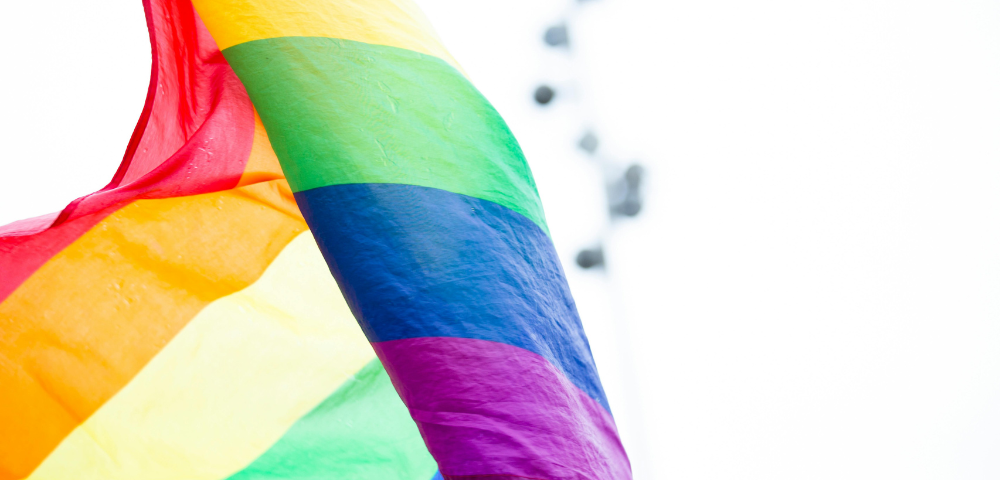

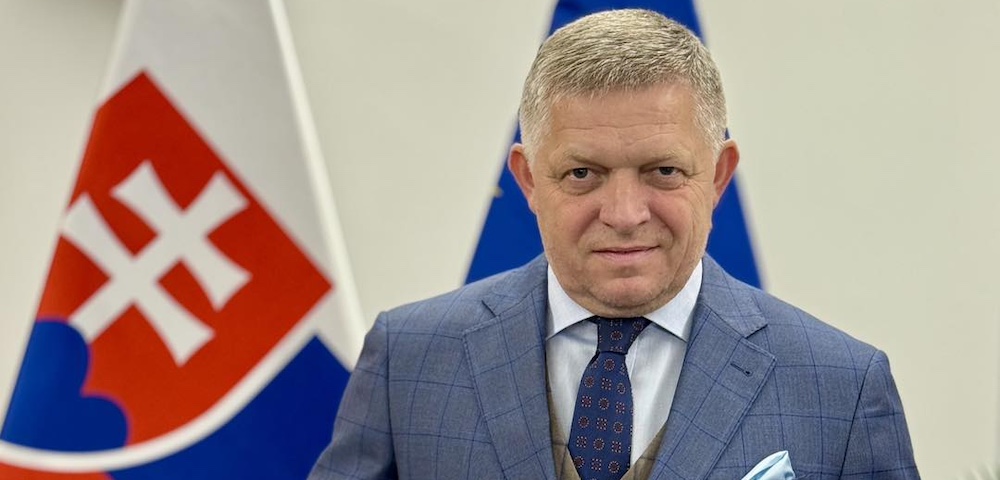

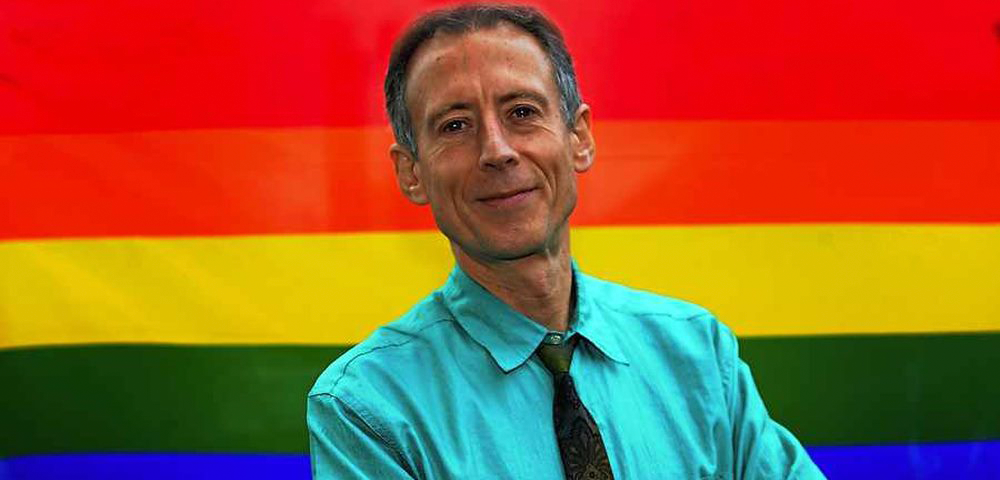
It seems to me since Gergiev has publicly stated he is against anti gay laws that this is his position and that there are others that deserve Mr Tatchells ire when it comes to Russia and it’s homophobia; where are the demands for the arrest of Maxim Martinsvech, the nasty piece of work behind the Occupy Pedofilia movement which tortures young gay men? Better yet, since Anonymous specialise in this kind of thing, lets find them and track them down.